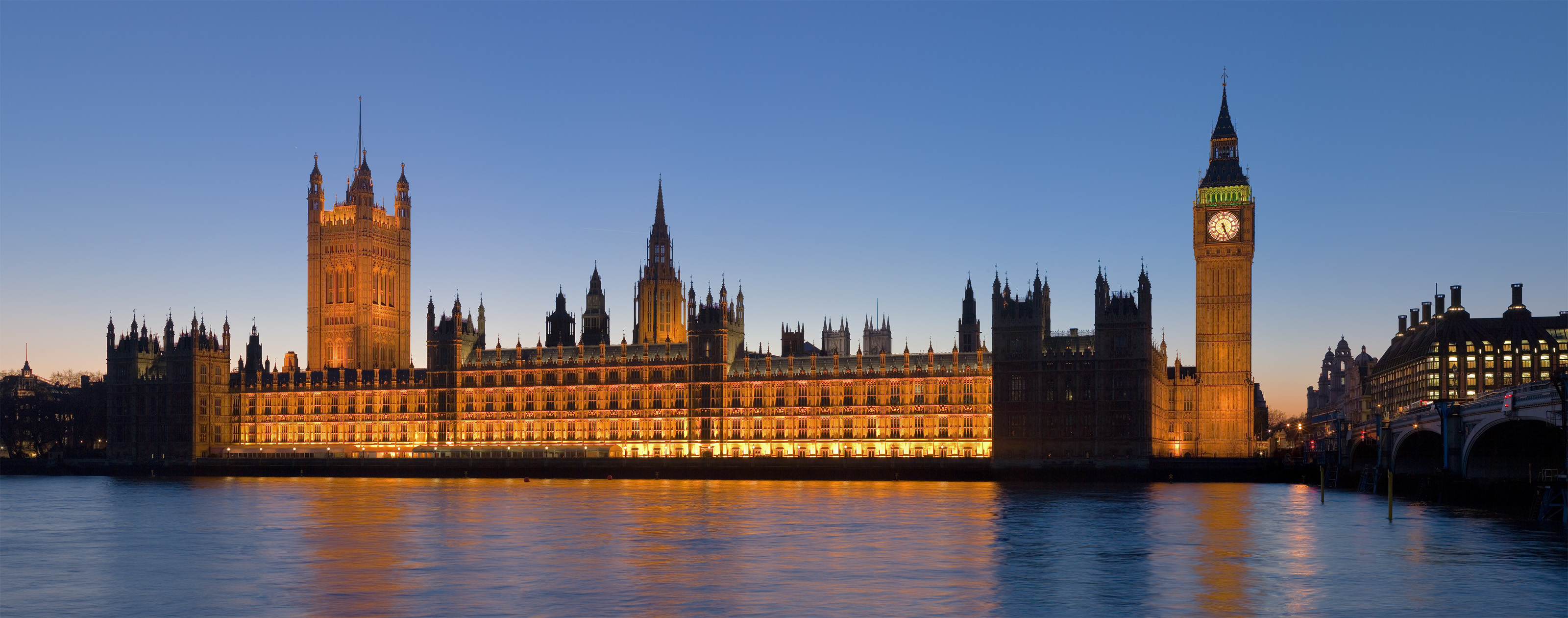Report: UK officials 'avoided' looking into Russian meddling
While the report from the parliament's Intelligence and Security Committee said it would be “difficult - if not impossible - to prove” allegations that Russia sought to influence the referendum, it was clear that the government “was slow to recognise the existence of the threat" even after evidence emerged of Russian interference in the US elections back in 2014. “As a result, the government did not take action to protect the UK's process in 2016," the report said.

- Country:
- United Kingdom
A long-awaited report published Tuesday on Russian influence in British politics criticized the British government for its slow response to Russian interference in the 2016 Brexit referendum, with its authors saying it was “astonishing” that no one sought to protect that democratic process. While the report from the parliament's Intelligence and Security Committee said it would be “difficult - if not impossible - to prove” allegations that Russia sought to influence the referendum, it was clear that the government “was slow to recognize the existence of the threat" even after evidence emerged of Russian interference in the US elections back in 2014.
“As a result, the government did not take action to protect the UK's process in 2016," the report said. The report's authors criticized the British government for “actively avoiding” looking into the Russian threat. “Serious questions needed to be asked” why ministers didn't look into the issue, the authors said.
The report says Russia sees Britain as one of its top intelligence targets in the West. It said Russian influence in the UK is the “new normal,” and said successive governments have welcomed Russian oligarchs with open arms. The report was finally published Tuesday after criticism that the government delayed its release for more than six months to shield Prime Minister Boris Johnson and his Conservative Party from embarrassment.
It was originally submitted to Johnson on October 17. The government initially said the report couldn't be published until it was reviewed for national security issues, which postponed its release until after the December 12 general election. Further holdups were caused by delays in appointing new members to the Intelligence and Security Committee. Finally, Johnson named five Conservative lawmakers to the nine-person panel in hopes his handpicked candidate would be chosen as chairman and block the report. The gambit failed when a renegade Conservative was chosen to head the committee with backing from opposition parties.
The opposition Labour Party has accused the government of failing to publish the report because it would lead to further questions about links between Russia and the pro-Brexit campaign in the 2016 referendum on European Union membership, which Johnson helped lead. Another parliamentary panel - the Digital, Culture, Media, and Sport Committee - previously published the results of its own inquiry into disinformation and “fake news,” which called on election regulators and law enforcement to investigate reports that a British businessman with links to Russia donated 8.4 million pounds ($10.6 million) to the Brexit campaign. The National Crime Agency said in September that it found no evidence of criminal offenses related to the donation.
The intelligence committee report covers the full range of the Russian threat to the UK, including election interference, espionage and targeted assassinations such as the attempt to kill former spy Sergei Skripal in the English city of Salisbury two years ago, said Dominic Grieve, who chaired the panel until he left the House of Commons after the election. The government's explanations for delaying the report “are simply not credible,” Grieve said in an interview with Britain's Channel 4 News.
The report's release comes only days after Britain, the United States and Canada accused hackers linked to Russian intelligence agencies of trying to steal information from researchers working on a potential coronavirus vaccine.
(This story has not been edited by Devdiscourse staff and is auto-generated from a syndicated feed.)
ALSO READ
"Glad it worked here": Bumrah reveals 'backup plan' of moving to Canada if team India plan did not work
Canada to allow some first-time home buyers to pay off mortgage in 30 years
French PM tells Canada: CETA free trade agreement is 'win-win' deal for both sides
Canada warns citizens against all travel to Israel and Gaza
Canada says it told Israel that conflict with Iran must not spread to region










